New Centers, Institute Position UM as Leader in National Security
Initiatives will advance tactical readiness, information resilience, national security
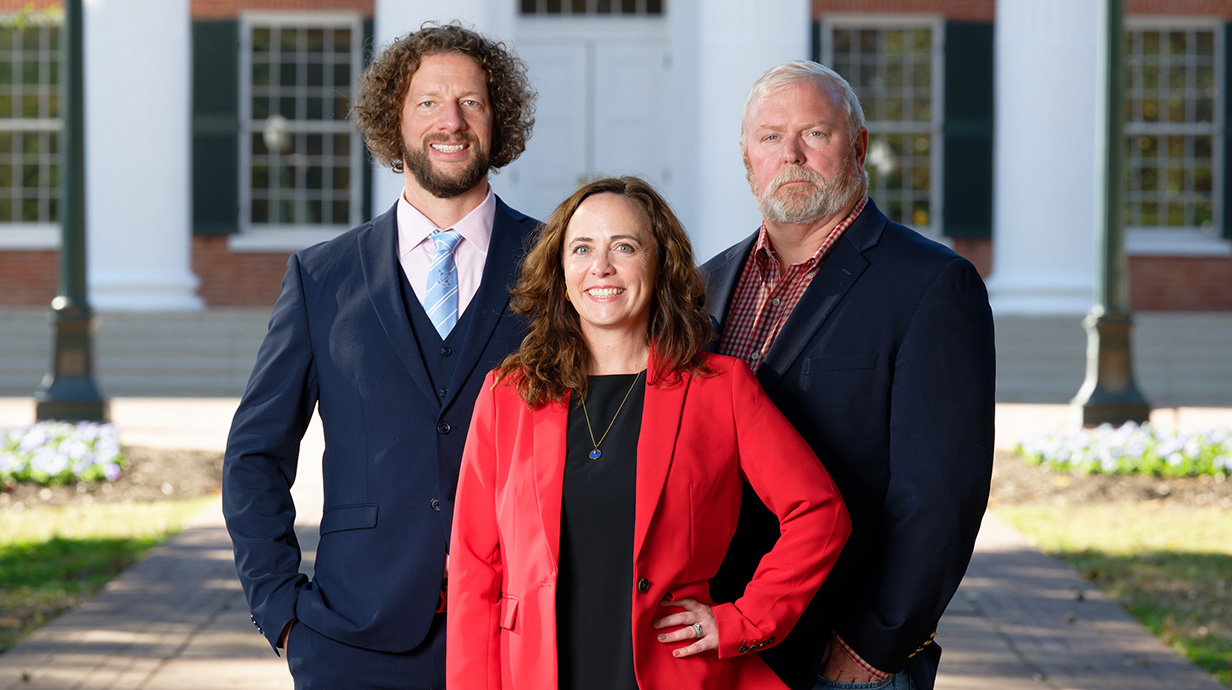
OXFORD, Miss. – The University of Mississippi has launched three new initiatives dedicated to advancing the nation's security and resilience.
The Institutions of Higher Learning recently approved the creation of the Mississippi Institute for National Security and Resilience, the Center for Information Advantage and Effectiveness and the National Center for Tactical Readiness. These new units will work together to tackle modern-day challenges such as cybersecurity, information verification, disaster preparedness and innovations in national defense.
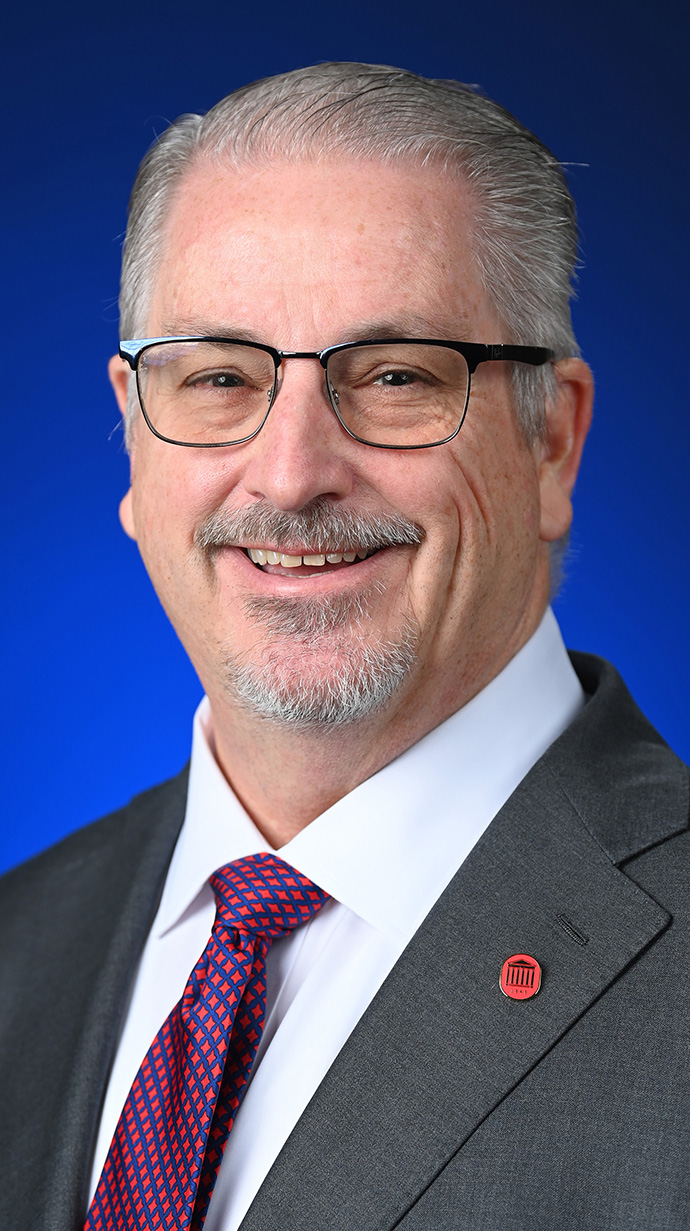
"National security today demands collaboration across disciplines and technologies," said John Higginbotham, vice chancellor for research and economic development. "This effort will create an integrated research ecosystem that can address complex challenges – from resilience due to human or natural disasters to tactical readiness – in ways no single field can achieve alone.
"Beyond its national importance, these centers and the Mississippi Institute for National Security and Resilience will drive workforce development and innovation right here in our state."
The Center for Information Advantage and Effectiveness will work with both public and private organizations as they navigate a chaotic digital landscape. As information inundates the public, organizations – and the people who rely on them – need help making sense of data, said Andrea Hickerson, the center's director.
"There's a clear need for organizations, both public and private, to understand the information space: the digital ecosystem of social media, online news and other platforms," said Hickerson, also dean of the School of Journalism and New Media. "There's just a lot of noise, and it's increasingly difficult for organizations to make sense of that noise and to understand if, when and how they should react."
The center will help organizations cut through the noise by analyzing data from social media, news and other online platforms. A multidisciplinary roster of researchers will develop tools to identify and track the circulation of information, help companies respond and measure message effectiveness.
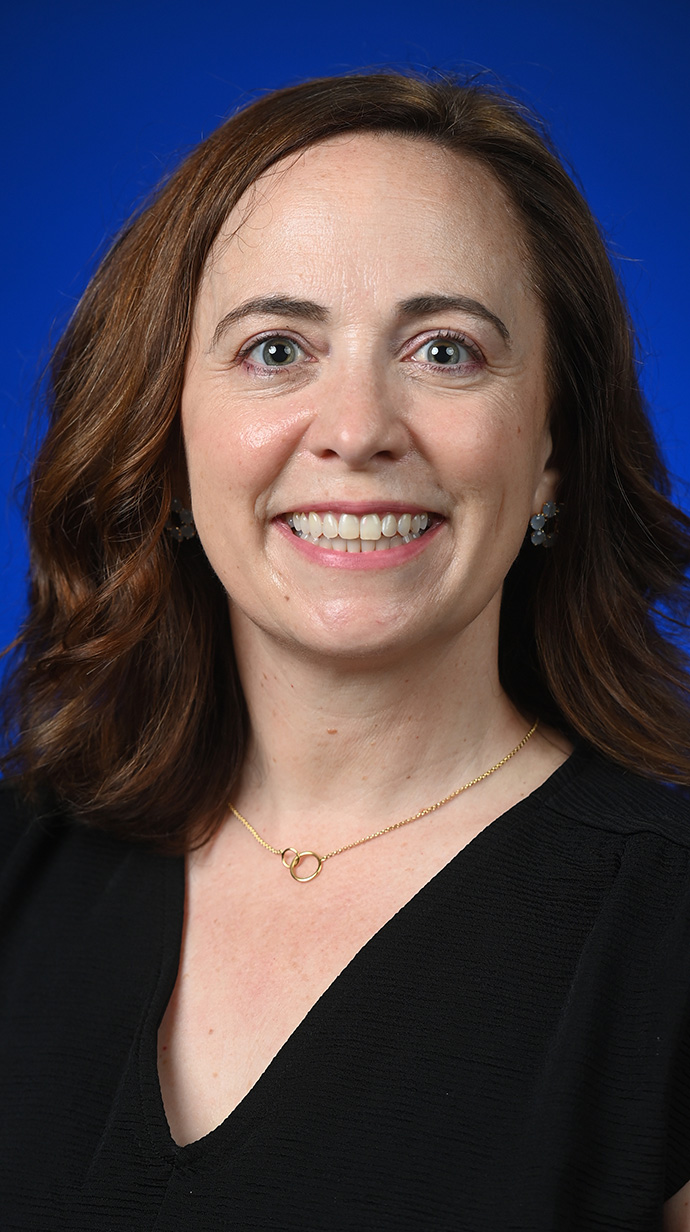
"We want to make sure people have the best, most verified information possible," she said. "The information space is crowded with both authentic and inauthentic voices, and our goal is to help protect public communication as a public good."
Drew Cleek, managing partner at Spartan Group Consulting, is one of the first partners with the center.
"From our side, everything that we operate in is based on three dimensions: the physical dimension, the human dimension and then you have this information dimension that is essentially married between all of that," he said. "You have to be able to understand how that connective tissue works to be able to understand what we do in the physical space as well as in the human domain."
Spartan Group Consulting is a defense technology company that operates globally. Understanding the information and conversations surrounding their work is integral to being effective, he said.
"Working in a defense tech ecosystem, there's a lot of things about people's perceptions and their influences that we have to be able to navigate so that we understand that we're making the right decisions," he said.
"Right now, everything is very decentralized. Having a center like this where we can take a lot of our decentralized efforts and turn them into a place for synergy will allow us to be that conduit for solutions."
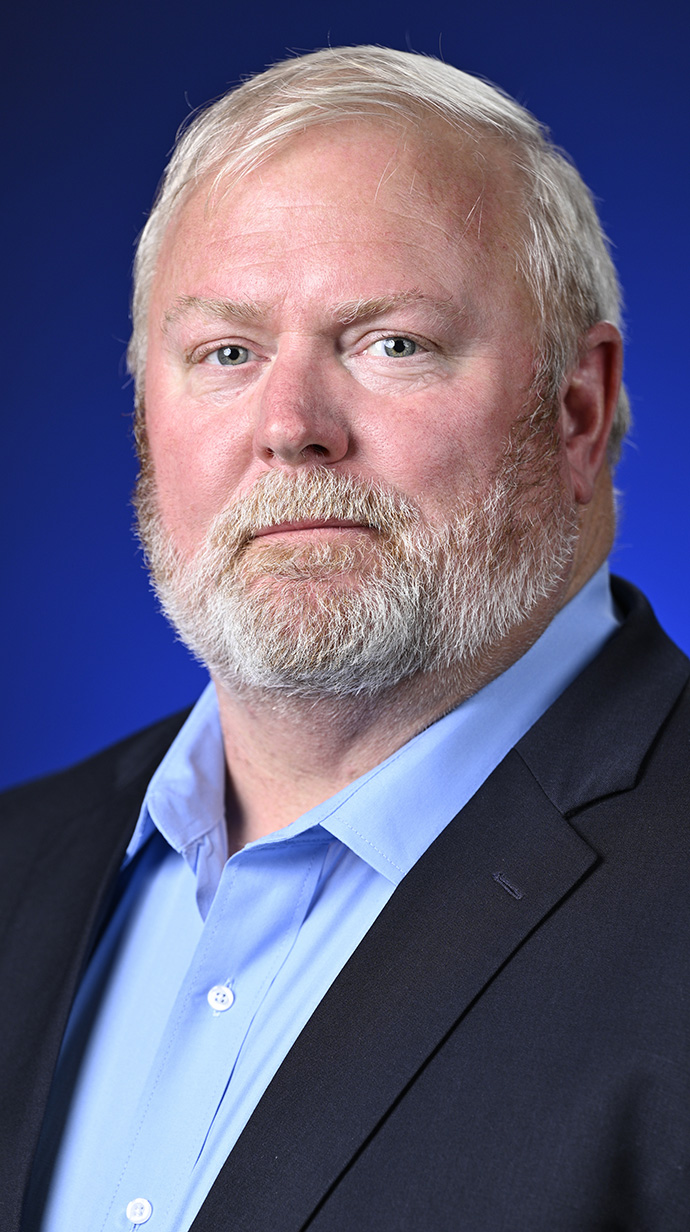
The National Center for Tactical Readiness aims to focus on preparing and supporting first responders such as police officers, firefighters, military personnel and others in high-risk, high stress environments. The center will create a training and research hub to ensure these individuals are both ready to respond and are taken care of after they return home.
"Our four main priorities are human performance optimization, mental resilience, tactical medicine and operational physiology, and all focused on practical, real-world applications," said Chip Wade, director of the center and associate professor of biomechanics. "Our goal is taking what we learn in the laboratory setting and in the field and applying it to what our tactical professionals can utilize in real missions."
The center's first step will be to propose a comprehensive assessment program for Mississippi's first responders. Wade and his team will look to evaluate vision, strength, balance, cognitive health and other factors to determine the overall readiness of the state's public safety personnel.
"There's not another comprehensive center in the nation doing this kind of work under one umbrella," Wade said. "By bringing together our different areas of expertise, we can address a broad range of challenges across the tactical community."
Victor Minella, former under secretary of the Navy, has partnered with the center to advise on issues that affect military personnel. A center that focuses on the intersection of research and application is needed in defense, he said.
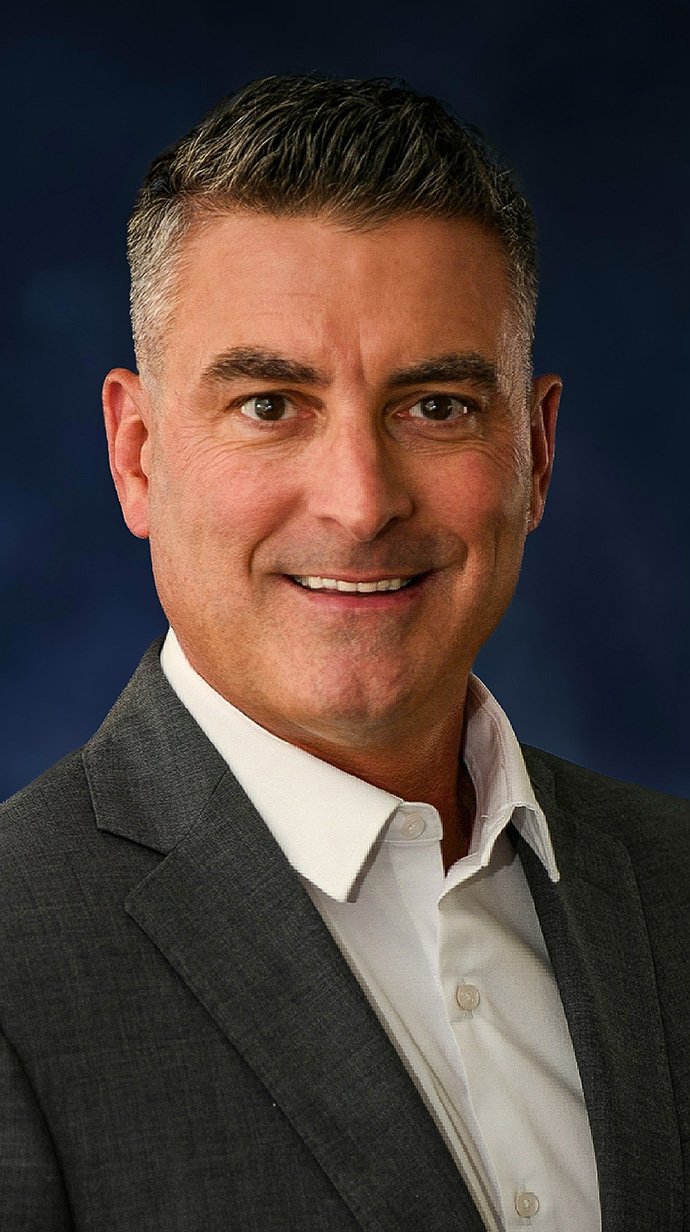
"That is a critical area that has been missing over the years," Minella said. "The military moves very, very fast. We need a continuous and persistent approach to academic research and development, and that only comes from university-level work.
"It doesn't come from businesses. It doesn't come from the government. It comes from academic research that can be applied across our nation to support our first responders."
The center will also tackle long-term health issues for military personnel and others in the tactical field, such as traumatic brain injuries, concussions and other lingering injuries that can debilitate first responders.
"The world is becoming far more complex," Wade said. "From natural disasters to global engagements, readiness now means being able to adapt to a wide range of missions, and that's exactly what this center will help people do.
"We want Mississippi to be a leader in translational research for the tactical community, and we know the work we do here will have an impact far beyond the state."
As the world needs first responders more, they are becoming scarce, Minella said.
"The number of people who can qualify to serve in these roles is shrinking every year," he said. "The real risk of not having a center like this – and Ole Miss has such an opportunity here to be impactful for the nation – is that our recruiting pool is so small for these highly technical and physical roles that we must find a way to keep these people healthy through the life cycle of their career.
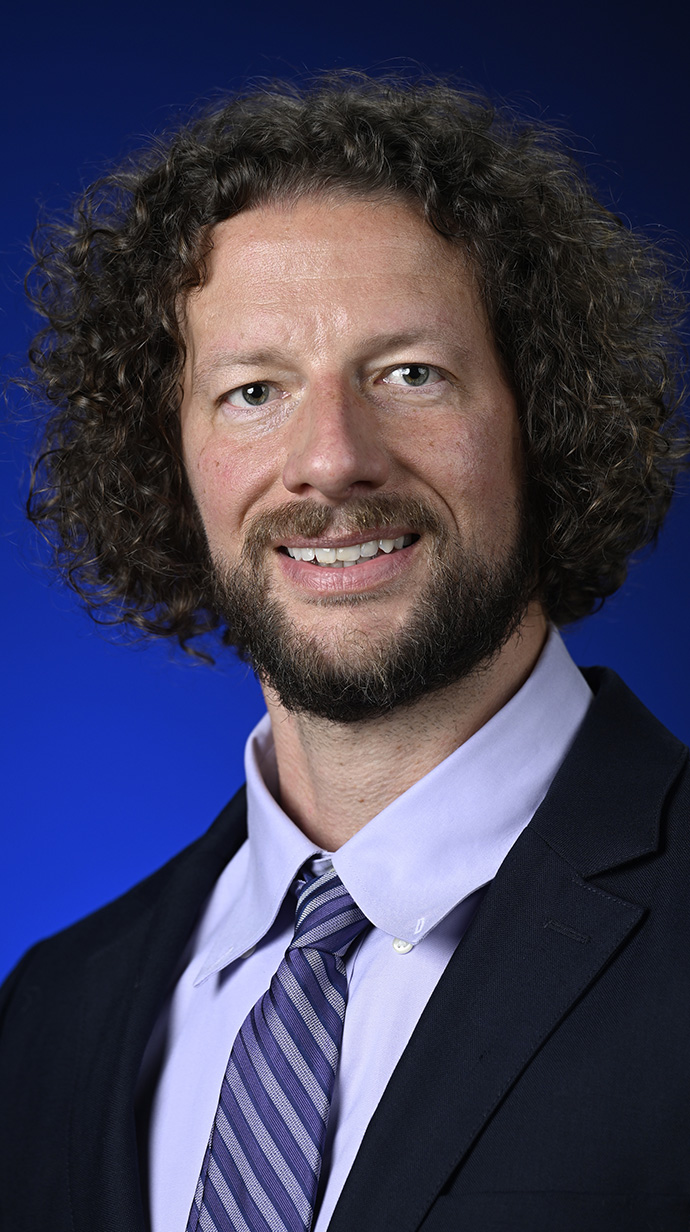
"Retention comes with demonstrating to our service members and our police force that we care enough about you to keep you safe and healthy. And we do."
In many areas, the work of the two new centers may overlap. That's where the Mississippi Institute for National Security and Resilience will serve to bridge the gap and broaden collaborative engagements, said Wes Jennings, the institute's director.
The institute will help support initiatives between the centers and other existing programs and experts on campus, creating a central hub for research, training and opportunities that affect local and national security and resilience.
"The institute is going to serve like an umbrella of units and researchers with aligned priorities," said Jennings, a professor of criminal justice and legal studies and associate dean of research, finance and business administration for the School of Applied Sciences.
"This national security and resilience umbrella allows this university to really go big and broad with its ambitions."
Like the two centers, the institute will also serve as a point of contact for state and federal agencies seeking research and workforce development partnerships in their respective areas.
"Globally speaking, there are ongoing and seemingly increasing threats related to cybersecurity, misinformation, military events and conflict," Jennings said. "And if we're going to effectively combat that, we have to build a resilient society. That takes all of us.
"That's why we want to bring all these people and their unique expertise together. We want to be resilient, not just reactive."
Top: Wes Jennings (left), professor of criminal justice and legal studies; Andrea Hickerson (center), dean of the School of Journalism and New Media, and Chip Wade, associate professor of biomechanics, will lead two new centers and an institute at Ole Miss. The centers will focus on advancing the nation’s security and resilience. Photo by Hunt Mercier/ Ole Miss Digital Imaging Services
By
Clara Turnage
Campus
Published
November 12, 2025
